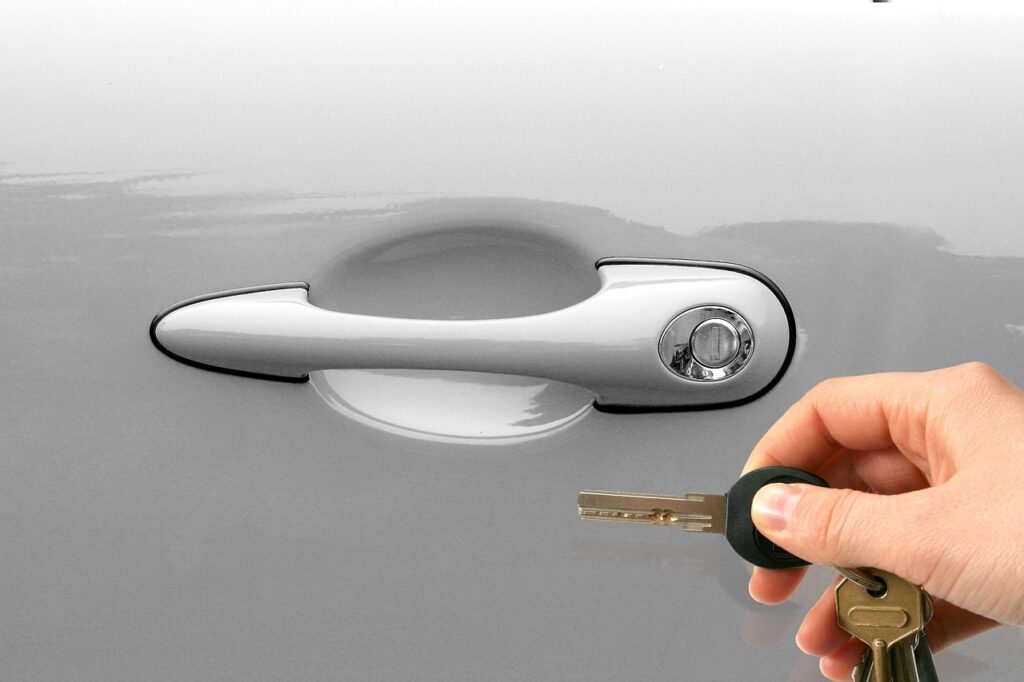Common Types of Injuries Sustained in a Car Crash
Car accidents are a leading cause of injuries in the United States, with millions of people affected each year. According to the National Highway Traffic Safety Administration (NHTSA), nearly 2.28 million people sustained injuries in motor vehicle crashes in 2020 alone. These injuries can range from minor to life-altering, depending on the severity of the crash. Understanding the different types of injuries can help victims recognize symptoms, seek timely medical care, and pursue legal action when necessary. Here are some of the most common injuries that can result from car accidents. 1. Whiplash Whiplash is one of the most frequently reported injuries in rear-end collisions. This injury occurs when the neck is rapidly forced backward and forward, stretching and straining the muscles, ligaments, and nerves. Symptoms of whiplash can include neck pain, stiffness, headaches, and dizziness. In some cases, victims may experience chronic pain that lasts for months or even years after the accident. Treatment for whiplash often involves rest, physical therapy, and over-the-counter pain relief. However, severe cases may require more intensive medical intervention, such as prescription pain medications or spinal injections. 2. Traumatic Brain Injuries (TBIs) Traumatic brain injuries can occur when the head strikes a hard surface or when the brain is jolted inside the skull due to the force of impact. TBIs can vary in severity from concussions to more serious conditions like brain hemorrhages or diffuse axonal injuries. Common symptoms include headaches, confusion, memory loss, dizziness, and nausea. According to the Centers for Disease Control and Prevention (CDC), car crashes are one of the leading causes of TBIs in the United States. Because brain injuries can have long-term cognitive and physical effects, prompt diagnosis and treatment are crucial. Treatment may include rest, medications, and rehabilitation therapies to address cognitive and motor impairments. 3. Spinal Injuries Spinal injuries are among the most severe injuries sustained in car accidents. These injuries can affect the vertebrae, spinal discs, and spinal cord, potentially leading to chronic pain, limited mobility, or even paralysis. Common types of spinal injuries include herniated discs, fractured vertebrae, and spinal cord injuries (SCIs). In cases of SCI, the location and severity of the injury determine the extent of the damage. For example, injuries to the cervical spine may result in quadriplegia, while lower spinal injuries might cause paraplegia. Treatment for spinal injuries often involves surgery, physical therapy, and long-term rehabilitation. 4. Shoulder Injuries The impact of a car crash can place significant stress on the shoulder joints, leading to injuries such as dislocations, rotator cuff tears, or fractures. Shoulder injuries are particularly common when the driver or passenger braces for impact by gripping the steering wheel or dashboard. Symptoms of shoulder injuries include pain, swelling, limited range of motion, and weakness in the arm. Treatment options may include rest, physical therapy, corticosteroid injections, or, in severe cases, surgical intervention. 5. Injuries to Extremities (Elbows, Knees, and More) Car crashes can also cause injuries to other extremities, including the elbows, knees, wrists, and ankles. These injuries often occur due to direct impact with the vehicle’s interior or from being thrown violently during the collision. Common extremity injuries include fractures, ligament tears (such as anterior cruciate ligament (ACL) tears in the knee), and dislocations. Knee injuries, for example, can result from the knees striking the dashboard, leading to conditions like patellar fractures or meniscus tears. Similarly, elbow injuries may occur when a driver’s arm is caught between the steering wheel and the door during a side impact. Treatment for extremity injuries varies depending on the severity but often includes immobilization, physical therapy, and, in severe cases, surgical repair. The Importance of Medical Attention and Legal Support Many car accident injuries are not immediately apparent and may develop hours or even days after the collision. It is crucial for accident victims to seek medical attention as soon as possible, even if they feel fine initially. Early diagnosis can prevent minor injuries from worsening and provide essential documentation for any legal claims. From a legal standpoint, victims of car accidents may be entitled to compensation for their medical expenses, lost wages, pain and suffering, and other damages. An experienced personal injury attorney can help gather evidence, negotiate with insurance companies, and ensure that victims receive the compensation they deserve. Conclusion Car accidents can lead to a wide range of injuries, from mild whiplash to severe spinal cord damage. Understanding these injuries can help victims recognize their symptoms, seek appropriate medical care, and take legal action to protect their rights. If you or a loved one has been injured in a car accident, consulting with a skilled personal injury attorney can be an important step in your recovery process. At Big River Trial Attorneys, we are committed to helping accident victims in Baton Rouge and beyond navigate the legal process and obtain the compensation they deserve. Contact us today for a free consultation.




